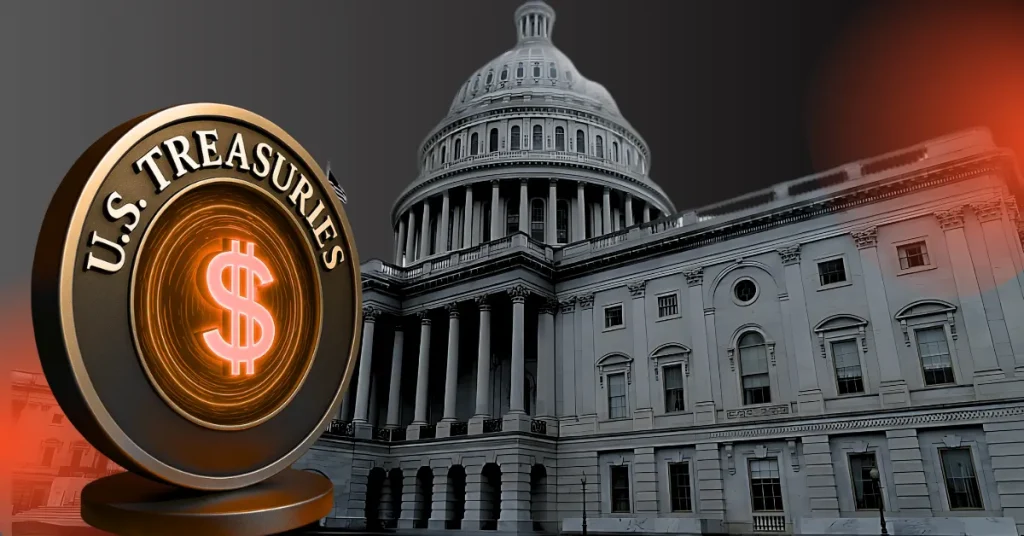
South Korea has introduced stringent regulations on crypto lending, with the Financial Services Commission (FSC) capping interest rates on crypto loans at 20%.
According to local news outlet Chosun Daily, the regulator has also banned leveraged lending products, citing concerns over market volatility and systemic risks.
This regulatory overhaul, set to reshape the digital asset landscape, reflects South Korea’s commitment to balancing innovation with financial oversight.
FSC caps crypto interest rate to protect investors
The FSC’s decision to limit crypto lending interest rates to 20% aims to shield retail investors from predatory practices and excessive financial burdens.
Previously, some platforms offered high-interest loans that amplified risks in the volatile crypto market.
The cap is intended to ensure fair lending practices while maintaining market stability.
According to FSC officials, this measure addresses the growing concern over unsustainable yields that could lead to significant investor losses during market downturns.
Local exchanges, such as Upbit and Bithumb, must now adjust their lending models to comply with the new threshold, ensuring that loan terms remain transparent and affordable.
Ban on leveraged crypto loans
Perhaps the most significant aspect of the new regulations is the outright ban on leveraged crypto lending.
Leveraged loans, which allowed users to borrow up to four times their collateral, were flagged as high-risk due to the potential for rapid liquidations in a fluctuating market.
The FSC highlighted that platforms like Bithumb saw $1.2 billion in loans issued in a single month, with 13% of users facing forced liquidations.
This volatility prompted the ban, which prohibits exchanges from issuing new leveraged loans while allowing existing ones to continue under stricter oversight.
South Korea’s move aims to prevent speculative bubbles and protect retail investors from catastrophic losses.
To ensure comprehensive regulation, the FSC and Financial Supervisory Service (FSS) have established a joint task force with the Digital Asset eXchange Alliance (DAXA).
This task force is tasked with developing a detailed regulatory framework, focusing on leverage limits, user eligibility, and enhanced risk disclosures.
The framework will draw on global standards and South Korea’s securities laws to create a robust system that fosters trust and accountability in the crypto lending sector.
What does this mean for the market?
The regulations have sparked mixed reactions. Some industry analysts warn that the restrictions may push investors toward unregulated offshore platforms, potentially undermining local exchanges.
However, supporters argue that the measures will enhance market legitimacy, attracting institutional investors and fostering long-term stability.
The Bank of Korea’s recent formation of a Virtual Asset Team signals further regulatory developments, including scrutiny of stablecoins, as South Korea aims to set a global benchmark for crypto oversight.
The post South Korea caps crypto lending rates at 20%, bans leveraged crypto loans appeared first on Invezz















 English (US) ·
English (US) ·